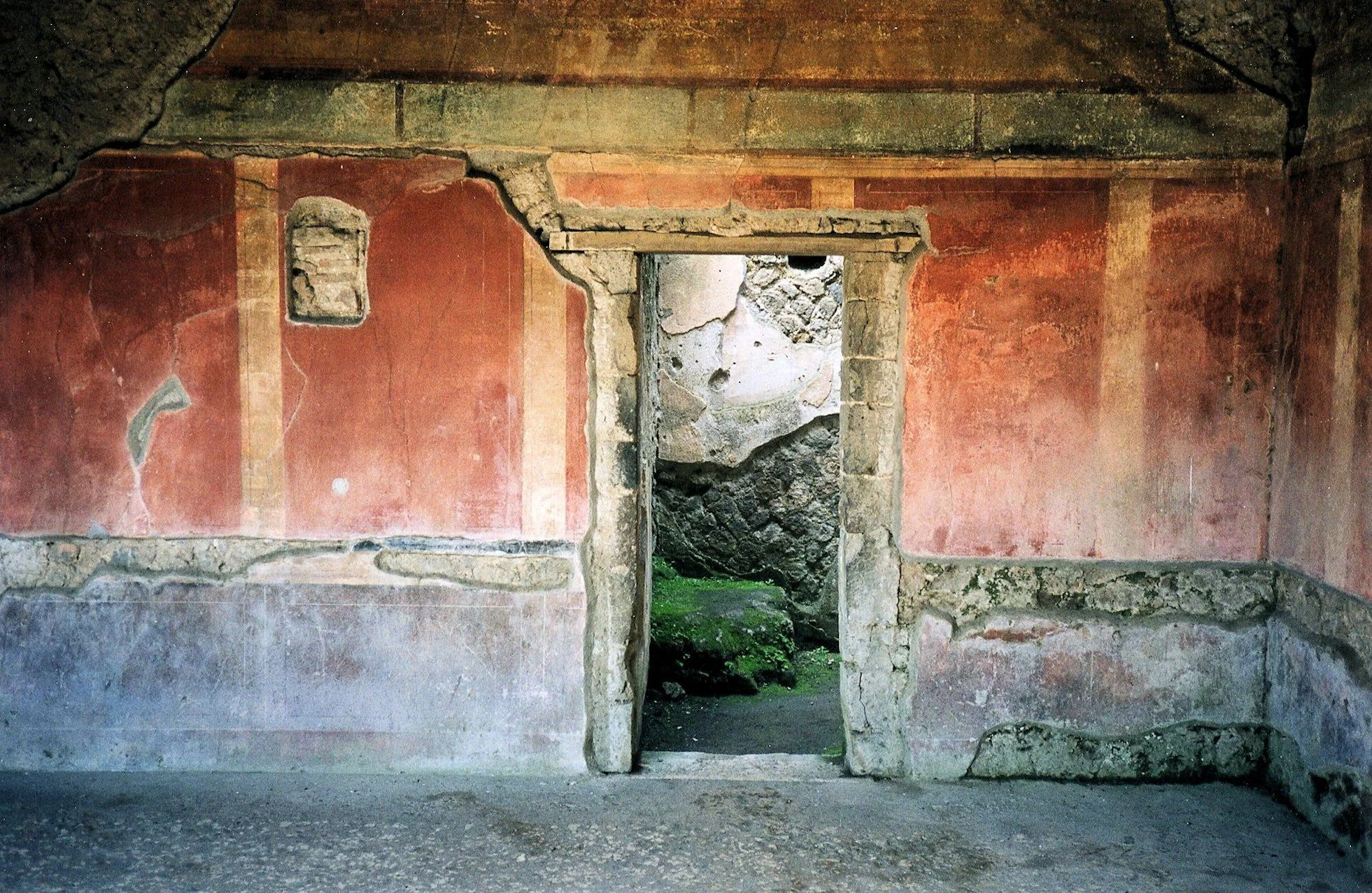Minor in the Department of Classics
There are five tracks towards obtaining a Minor in Classics.
• The track in Classics is designed for students who wish to study both Greek and Latin language, literature, and culture. This track envisages advanced competence in one ancient language and elementary knowledge of the other.
• The tracks in Greek or Latin allow students to develop significant knowledge of the language, literature, and culture of either ancient Greece or Rome. These tracks envisage advanced competence in one ancient language, Greek or Latin, and sustained study of one ancient civilization.
• The track in Classical and Ancient Civilizations allows students to receive recognition for coursework in the study of ancient societies while not mandating the study of an ancient language. Language work, however, is encouraged and, at and above the intermediate level, may be counted toward this track.
• The track in Classical Reception and the Classical Tradition allows students to focus on the cultural legacy of ancient Greek and Roman societies. Although not required, language work is encouraged and, at and above the intermediate level, may be counted toward this track.
For further information, please contact the Director of Undergraduate Studies.
Minor Tracks in Detail
I. CLASSICS. 5 courses. A minimum of 15 credits. (Students without prior knowledge of Greek and Latin may be required to take as many as 22 credits in the primary language (elementary 1102 & 1102, intermediate 2101 & 2102, and advanced 3009 & 3010), 8 credits in the secondary language (elementary 1101 & 1102), and 6 credits for the Cultural and Historical Breadth requirement.)
• Primary Language: Three courses in the primary language at or above the 2100-level.
• Secondary Language: One course in the secondary language at or above the 1102-level.
• Cultural and Historical Breadth: One course on any aspect of any aspect of the culture (including archaeology, art history, history, literature, philosophy, and post-Classical reception) of the primary language.
II & III. GREEK OR LATIN A minimum of 15 credits. (Students without knowledge of Greek or Latin may be required to take as many as 19 credits in one language (elementary 1102 & 1102, intermediate 2101 & 2102, and advanced 3009), as well as 6 credits for the Cultural and Historical Concentration.
• Language Concentration: Three courses in Greek or Latin at or above the 2100-level; The minor—Greek or Latin—is determined by the language chosen for the Language Core.
• Cultural and Historical Concentration: Two courses on any aspect of any aspect of the literature, culture, and/or history (including archaeology, art history, history, literature, philosophy, and post-Classical reception) of the student’s chosen language. Language courses at or above the 3000-level may count toward this requirement; it is thus possible for students to begin studying an ancient language at the elementary level in the freshman year and to complete the requirements for the minor by the senior year by taking coursework in that language.
IV. CLASSICAL AND ANCIENT CIVILIZATIONS A minimum of 15 credit points. (Language study is not required for this track. However, for students who wish to use language courses to count toward minor requirements, this track may take more coursework and credit points; how many will depend on the student’s familiarity with the language.)
• Fundamental Breadth: Five courses on any aspect of the ancient Greco-Roman Mediterranean and neighboring societies.
• Advanced Studies: Three of the five courses above must be taken at the advanced (usually UN3000 or above) level. One Greek or Latin course at or above the 2102-level may count toward the Advanced Studies requirement.
V. CLASSICAL RECEPTION AND THE CLASSICAL TRADITION. A minimum of 15 credit points. (Language study is not required for this track. However, for students who wish to use language courses to count toward minor requirements, this track may take more coursework and credit points; how many will depend on the student’s familiarity with the language.)
• Foundational Breadth 1— Ancient Civilizations: Two courses on any aspect of the ancient Greco-Roman Mediterranean and neighboring societies.
• Foundational Breadth 2—Classical Reception and the Classical Tradition: Three courses on classical reception, the classical tradition, and/or comparative approaches to the study of the ancient world. Coursework for this requirement may focus on Medieval and Renaissance Studies, Hellenic Studies, English, Comparative Literature, and related disciplines.
• Advanced Studies: Three of the five courses taken for this minor must be taken at the advanced level (UN3000 or above). One Greek or Latin course at or above the 2102 level may count toward the Advanced Studies requirement.
• No fewer than four courses counted toward this track must be taught by Columbia and Barnard Classics and Ancient Studies faculty.
